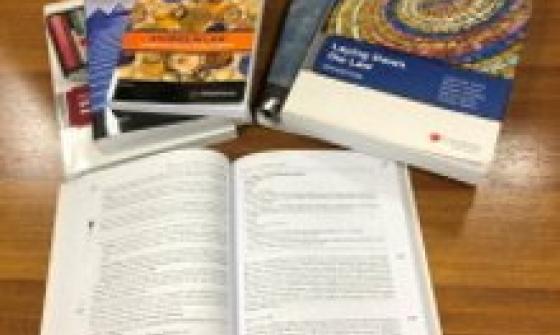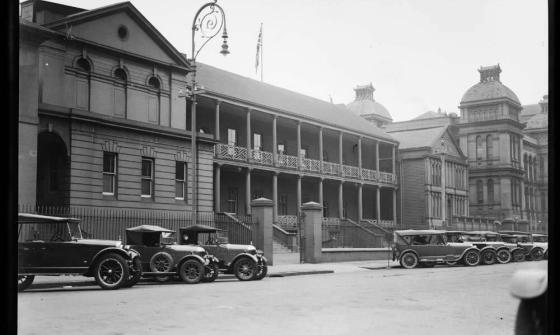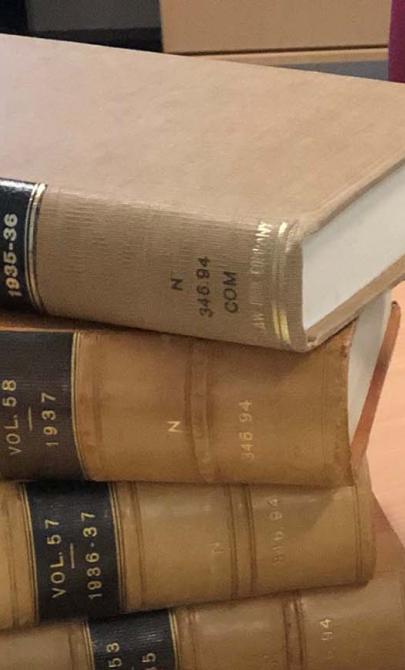Australian legislation research guide
It will help you:
- Understand the Australian legal system
- Find an Act of Parliament (legislation)
- Find bills (draft legislation)
- Find explanatory memoranda (plain language summaries of bills or regulations)
- Find subordinate legislation, including regulations, by-laws, and local government laws
See the individual sections of this guide for more detailed information on each topic, including links to key resources.
To find information about law reports and court records, see our Law reports research guide.
Selected resources
Some general legal resources listed below may help get you started with your research.
Available in the Library
- Laying Down the Law / Chatswood, New South Wales : LexisNexis, 2021 – an online publication available from within the National Library building only.
- Nemes and Coss’ effective legal research / by Bruce Bott and Ruth Tabolt-Stokes. Chatswood, NSW : LexisNexis, 2021 – an online publication available from within the National Library building only.
- A practical guide to legal research / by Jay Sanderson, Drossos Stamboulakis, Kim Kelly. Sydney, NSW : Thomson Reuters (Professional) Australia Ltd, 2021
- Australian current law: legislation. Sydney: Butterworths, 1972+ – lists new legislation under broad subject headings.
- The Laws of Australia (Online). Sydney: Thomson Legal & Regulatory – available online via Westlaw AU. This work gives detailed access to laws and relevant law cases. Westlaw AU is an online database available from within the National Library building only.
Available online anywhere
- The Australian Capital Territory Law Handbook – freely available online via AustLII. Similar law handbooks exist for all states and territories and are freely available online e.g. The law handbook: your practical guide to the law in NSW. Law handbooks are generally divided into chapters, each covering a topic (such as Children, Immigration, Health, etc.) and refer to relevant sections of Acts and regulation.
- AustLII – a free database of Australasian primary legal materials (legislation, treaties and decisions of courts and tribunals) and secondary legal materials such as law reform reports and law journals.
- Lawlex – a website including a free keyword search function with links to the official legislation websites.
- Legify – a website which takes you directly to an authoritative version of Australian legislation (Commonwealth, states and territories).

William James Mildenhall, Parliament House, Canberra, nla.gov.au/nla.obj-141452790
William James Mildenhall, Parliament House, Canberra, nla.gov.au/nla.obj-141452790
Key resource
GovPubs: the Australian Government Publications Guide is a key resource for locating selected types of Australian government publications, including legislation. These include:
- Acts, ordinances and statutes
- Bills
- Budget papers
- Explanatory memoranda
- Gazettes
- Government directories
- Notice papers
- Parliamentary debates (Hansard)
- Parliamentary handbooks
- Parliamentary papers
- Standing orders
- Subordinate legislation/regulations
- Votes and proceedings/journals
GovPubs is no longer actively maintained. However, it contains a wealth of information including historical definitions for each type of publication. You can also use GovPubs to track changes to series titles for legislation and locate resources in the Library or online. To begin your search in GovPubs, go to the menu on the homepage and select 'browse by publication'.
Disclaimer
Staff at the National Library of Australia are not able to provide legal advice.
Every effort is made to provide accurate and relevant information, but this does not constitute qualified legal advice.
In this guide

Books on legal research. Image: National Library of Australia

R. C. Strangman, Canberra buildings, West Block, 1930s, nla.gov.au/nla.obj-140358666

William James Mildenhall, Canberra Coat of Arms, nla.gov.au/nla.obj-141452193

Fairfax Corporation, New South Wales State Parliament House with automobiles parked outside, Sydney, ca. 1930, nla.gov.au/nla.obj-162790401





